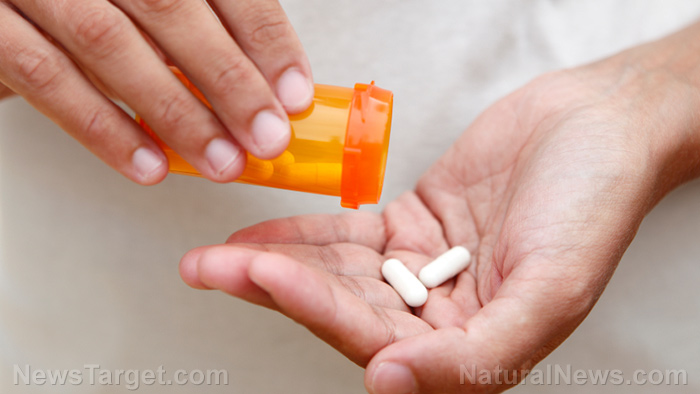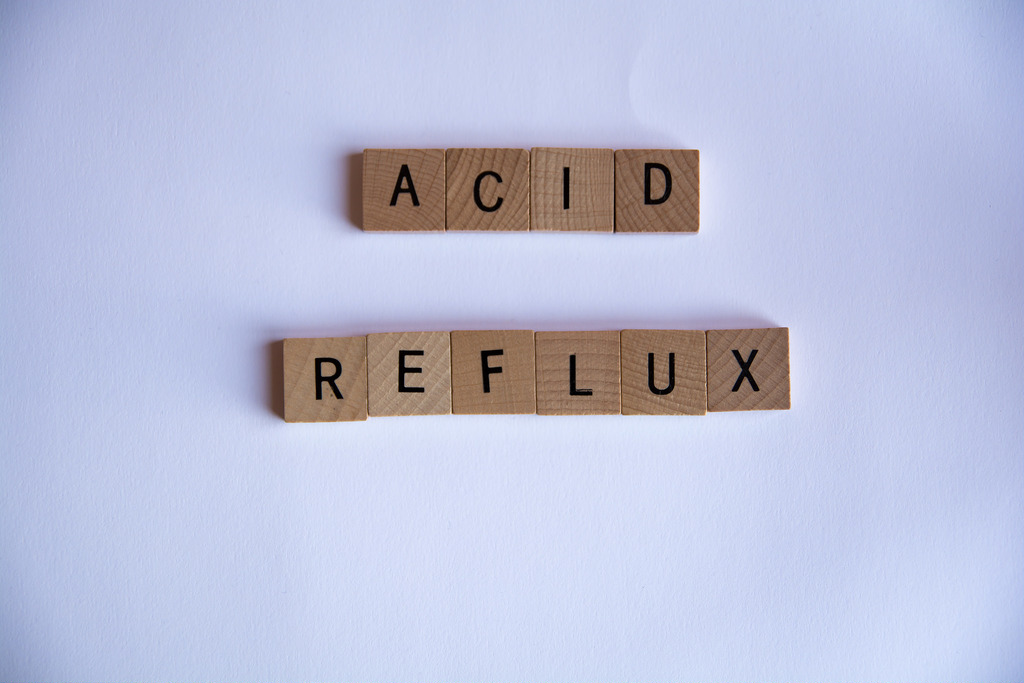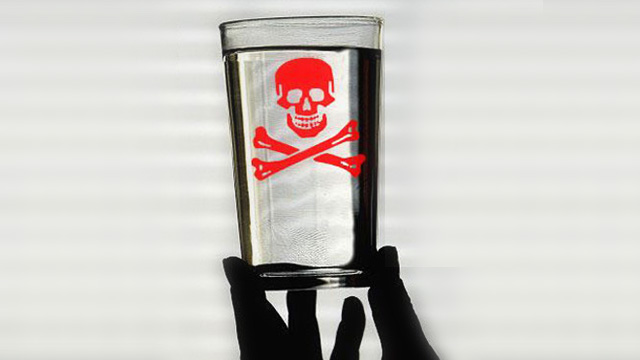Anti-inflammatory drugs make your heart beat faster… and it’s not out of love
05/03/2018 / By Ralph Flores

Most people think that popping medication for every instance of pain is helpful – until it’s not, based on a study conducted in Taiwan. In this study, researchers found that non-steroidal anti-inflammatory drugs (NSAIDs) could increase the likelihood of complications related to the heart.
NSAIDs are used to block the production of prostaglandins, which are chemicals that promote inflammation in the body. In general, the body needs inflammation to heal, but this can result in pain as well as fever. The chemicals are produced by the enzyme cyclooxygenase (COX). NSAIDs then work to inhibit the production of the enzyme, effectively preventing inflammation and fever. However, prostaglandins do not only cause inflammation: They also support blood clotting and protect the gastric lining from acid damage. As these functions are blocked, people who take NSAIDs often also suffer its adverse effects. This includes stomach ulcers and increased bleeding. (Related: Intestinal bleeding caused by pain medication is killing thousands of Americans.)
In the study, researchers found a more severe complication: 18 percent of middle-aged adults who took NSAIDs had increased their risk of atrial fibrillation.
Atrial fibrillation (also called AFib or AF) is a condition where a person experiences an irregular heartbeat, often described as “quivering” or “skipping beats.” If the condition progress, it can result in blood clots, stroke, heart failure and other heart-related complications. In the U.S., nearly three million people have the condition.
The power of the elements: Discover Colloidal Silver Mouthwash with quality, natural ingredients like Sangre de Drago sap, black walnut hulls, menthol crystals and more. Zero artificial sweeteners, colors or alcohol. Learn more at the Health Ranger Store and help support this news site.
In an AFib, the upper chambers of the heart (atria) beat irregularly, impeding the effective transfer of blood into the ventricles. This becomes extremely dangerous if a clot breaks off and enters the bloodstream leading to the brain. People with AFib account for up to 20 percent of stroke cases. In Taiwan, where the study was conducted, it affects over six percent of the elderly population.
The results of the study suggest the need for close monitoring on the negative health outcomes of NSAIDs, especially on heart health, especially among people who are considered to be at-risk.
“Based on the findings from this study, benefits, and risks of NSAIDs use should be carefully evaluated when delivered in clinical practice,” added Hui-Ju Tsai, a co-author of the study from the National Health Research Institutes in Taiwan.
The study, which was published in the British Journal of Clinical Pharmacology, had 57,058 participants, with 28,529 atrial fibrillation cases and 28,529 matched controls. The team looked at the effects of NSAIDs, in particular, how different classes of the drug affect the risk of AFib.
Based on the results, they found that those who take non-selective NSAIDs had “a significantly elevated risk of atrial fibrillation,” as well as those who combined both selective and non-selective NSAIDs.
“It will certainly be important for physicians who prescribe NSAIDs to do so cautiously, especially among those at high risk for [AFib],” the researchers concluded. “Benefits and risks of NSAID use should be carefully evaluated when delivered in clinical practice.”
They also added that aside from these, high-risk individuals should be monitored for any adverse effects of NSAID treatment, and further investigation could answer the mechanisms that are associated with the findings that they have presented.
NSAIDs aren’t just bad for your heart – they affect a variety of other organs as well. Learn which ones are at risk, and natural alternatives for it by heading to Medicine.news today.
Sources include:
Tagged Under: AFib, atrial fibrillation, cardiovascular disease, heart conditions, heart failure, heart health, heart problems, inflammation, longevity, Non-steroidal anti-inflammatory drugs, NSAID, NSAID treatment, Pain medication, pain relievers, prostaglandins, stomach ulcer, stroke



















